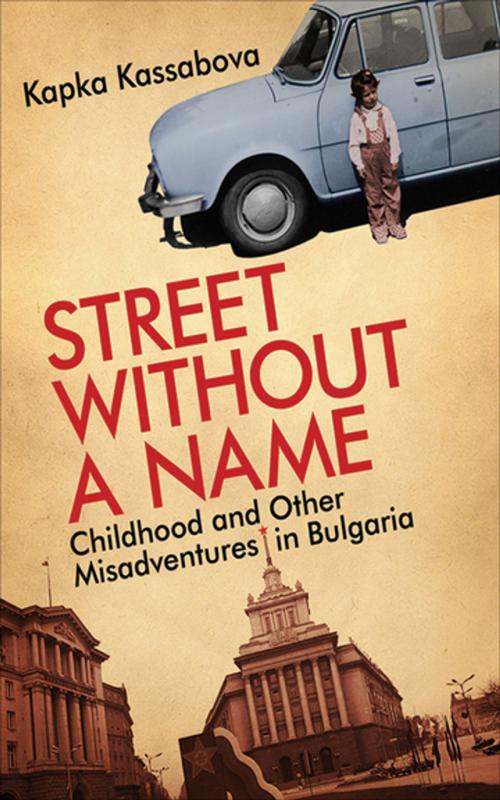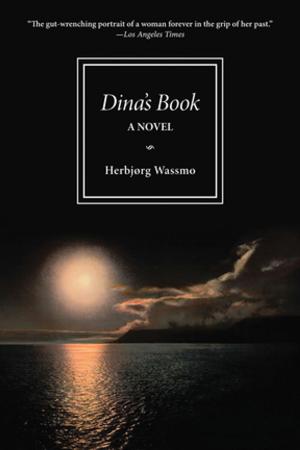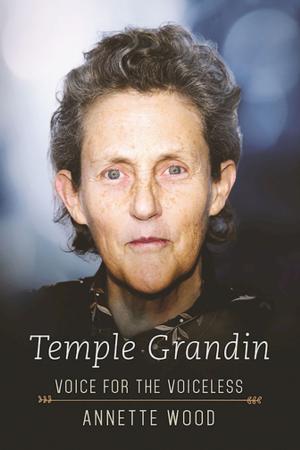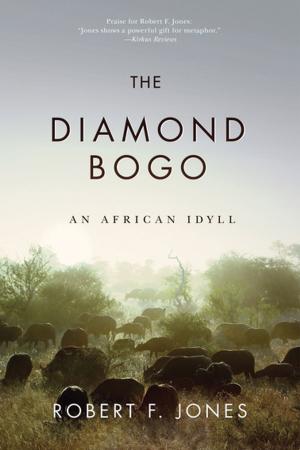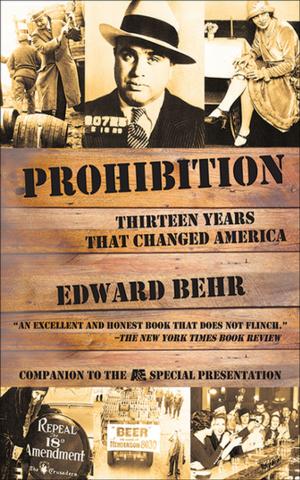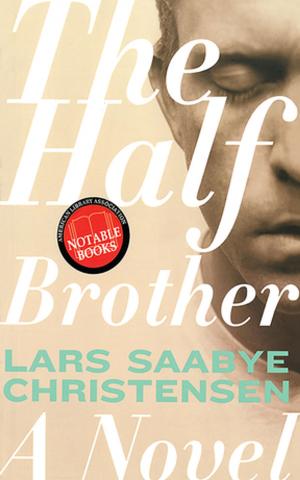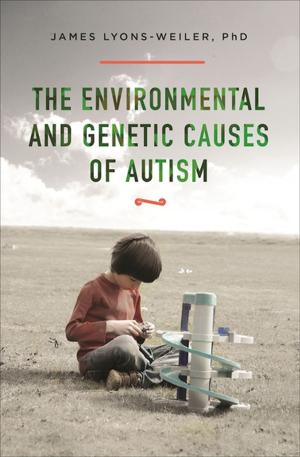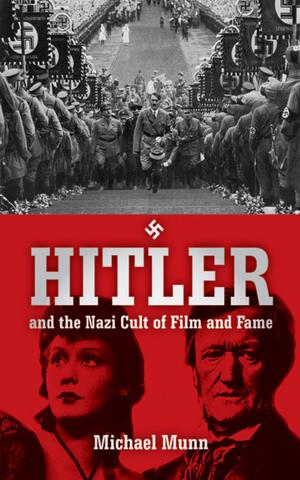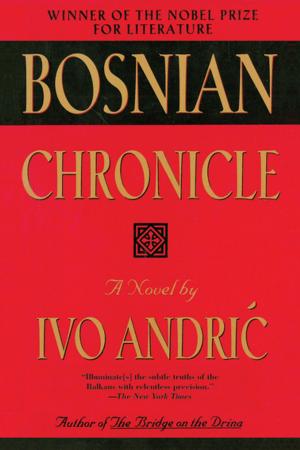Street Without a Name
Childhood and Other Misadventures in Bulgaria
Nonfiction, Travel, Europe, Eastern Europe, History, Religion & Spirituality, New Age, Personal Transformation| Author: | Kapka Kassabova | ISBN: | 9781628730364 |
| Publisher: | Skyhorse Publishing | Publication: | August 1, 2009 |
| Imprint: | Skyhorse Publishing | Language: | English |
| Author: | Kapka Kassabova |
| ISBN: | 9781628730364 |
| Publisher: | Skyhorse Publishing |
| Publication: | August 1, 2009 |
| Imprint: | Skyhorse Publishing |
| Language: | English |
The novelist, poet, and travel writer offers “a meandering, bittersweet journey” of a memoir about growing up, leaving, and returning to her homeland (Publishers Weekly).
Kapka Kassabova was born in Sofia, Bulgaria. In the last decades of the cold war, she grew up under the muddy, grey mantle of one of communism’s most authoritarian regimes. In Street Without a Name, she recounts her childheed memories of the country she loved, the oppressive government she grew to abhor, and her return to that same country years later.
For soon as the Berlin Wall came down, her family finally escaped to freedom, and Kapka spent years moving around the world, living in Great Britain, New Zealand, and Argentina among other countries. But when Bulgaria was formally inducted into the European Union, she decided it was time to go back to the home she had spent most of her life trying to escape. What she found was a country languishing under the strain of transition, but stubbornly holding out hope for a better future.
In this moving and heartfelt look at a land dealing with life after the Iron Curtain, “Kassabova’s sense of humor makes the narrative of old and new Bulgaria, as seen through the eyes of a sometimes detached, sometimes emotional emigrant, readable and enjoyable” (Harvard Review).
The novelist, poet, and travel writer offers “a meandering, bittersweet journey” of a memoir about growing up, leaving, and returning to her homeland (Publishers Weekly).
Kapka Kassabova was born in Sofia, Bulgaria. In the last decades of the cold war, she grew up under the muddy, grey mantle of one of communism’s most authoritarian regimes. In Street Without a Name, she recounts her childheed memories of the country she loved, the oppressive government she grew to abhor, and her return to that same country years later.
For soon as the Berlin Wall came down, her family finally escaped to freedom, and Kapka spent years moving around the world, living in Great Britain, New Zealand, and Argentina among other countries. But when Bulgaria was formally inducted into the European Union, she decided it was time to go back to the home she had spent most of her life trying to escape. What she found was a country languishing under the strain of transition, but stubbornly holding out hope for a better future.
In this moving and heartfelt look at a land dealing with life after the Iron Curtain, “Kassabova’s sense of humor makes the narrative of old and new Bulgaria, as seen through the eyes of a sometimes detached, sometimes emotional emigrant, readable and enjoyable” (Harvard Review).
